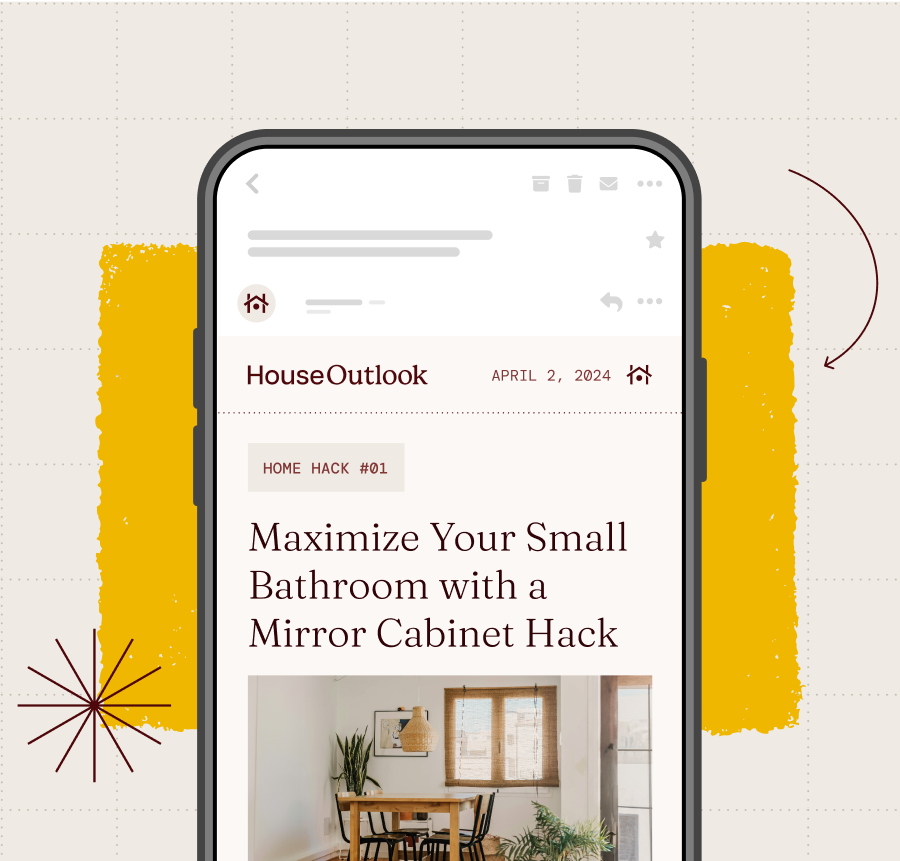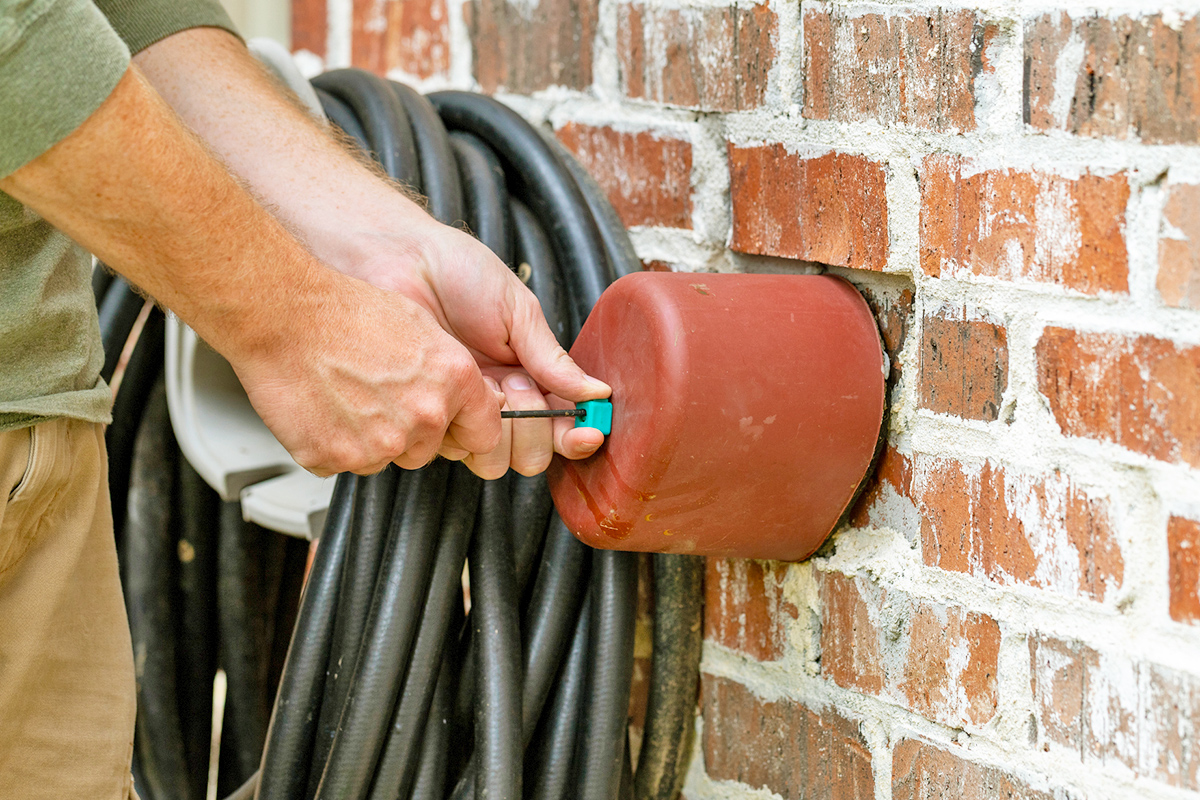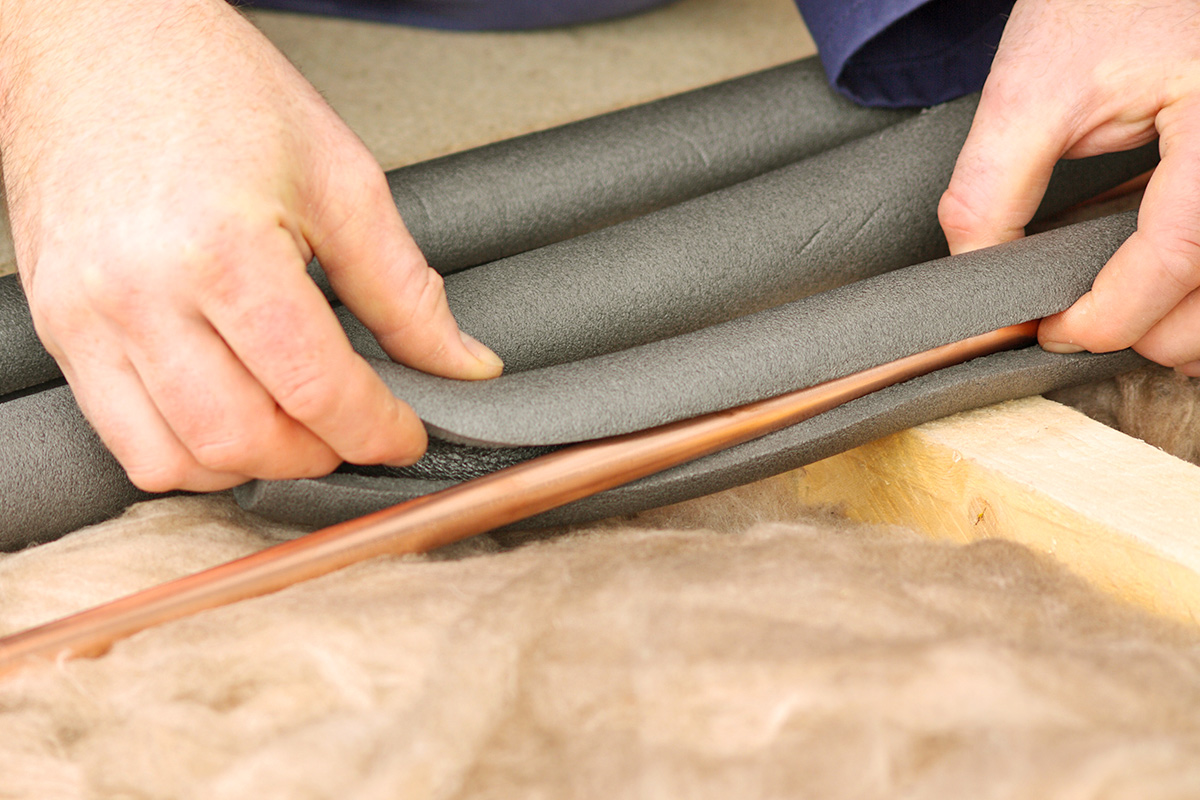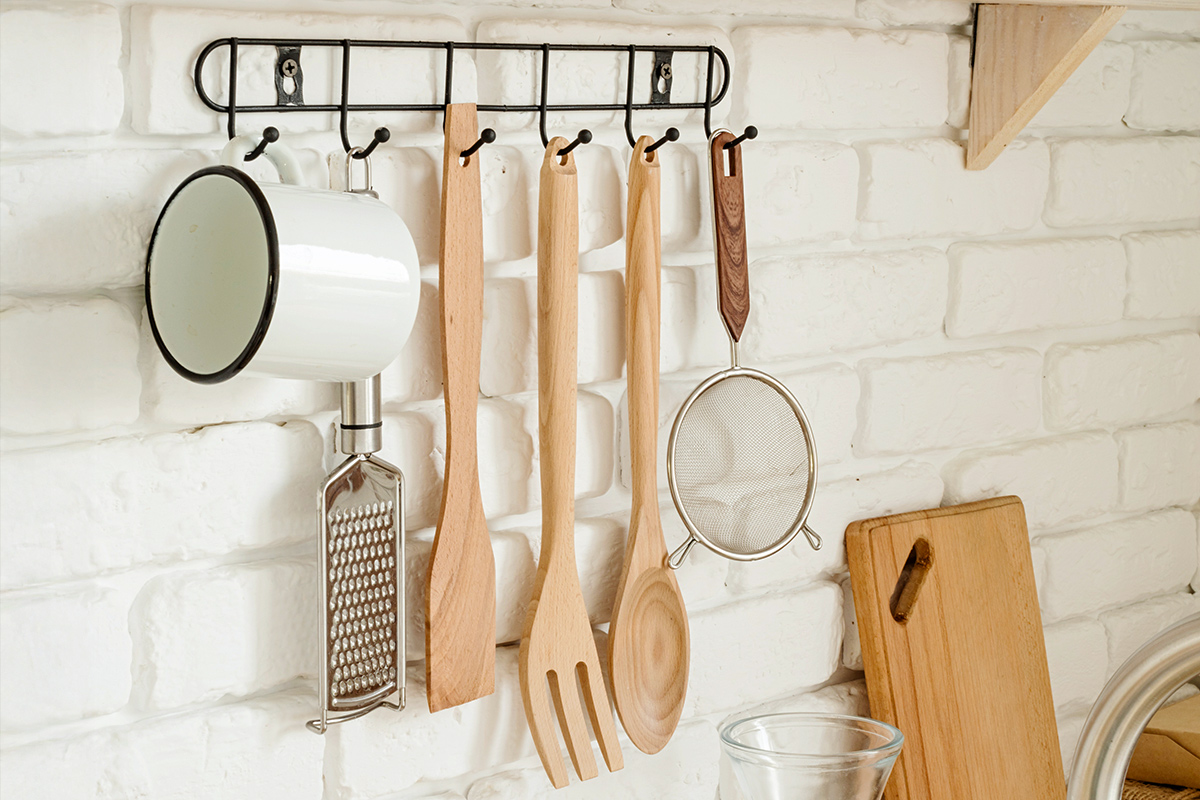There’s a well-known saying that the only two certainties in life are death and taxes. That’s true — but there are also a handful of other things that, while not as inevitable, seem to crop up year after year. Every January, for example, a horde of people search the internet for “best workout routines for…
There’s no reason you should be one of them. To quote another well-known saying, “An ounce of prevention is better than a pound of cure.” Here’s the simple routine you need to winterize your outdoor faucet and avoid burst pipes before the next big freeze hits.
How To Avoid Burst Pipes
As the weather gets colder, your need to water the lawn and garden largely goes away. While a good watering can certainly help protect your plants from frost, you can use a bucket if necessary. So, once temperatures drop below freezing, it’s time to shut down your outdoor faucet for the winter. Here’s what to do:
1. Disconnect your hose from the outdoor faucet, drain it, and store it away for the winter in a sheltered spot.
2. Locate the indoor shut-off for the faucet (if you have one) and turn it off. Then, run the outside faucet until the water stops. Skip this step if you don’t have an indoor shut-off valve.
3. Place an insulated cover over the outdoor faucet. These are inexpensive and readily available at most hardware stores or online retailers.
That’s usually enough to do the job, but there are a few other things to consider if you experience severe winters.
More from our network
House Outlook is part of Inbox Studio, which publishes content that uplifts, informs, and inspires.
More Tips for Colder Climates
If you live in a climate with cold winters (especially if you’re new to the area or your house), there are a few extra precautions worth taking.
Look inside your basement or buildup and locate the pipe that runs to your outdoor faucet. If it runs up an uninsulated wall in an unheated area, that section of the water line could freeze in an unusually harsh cold spell. You can prevent this by placing insulation between the wall and the pipe, or by buying the wrap-around insulation specifically meant for water lines.
If you want to be really sure, or if the neighbors warn you that frozen pipes are a common issue where you live, you can also wrap the water line with low-voltage heating tape. This is inexpensive as well, and means you’ll be able to sleep soundly (and so will your plumber) even during the worst cold snaps.




















